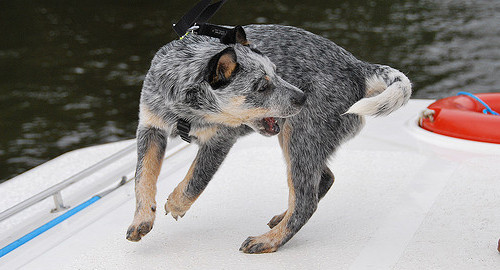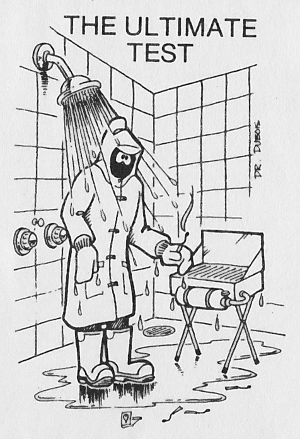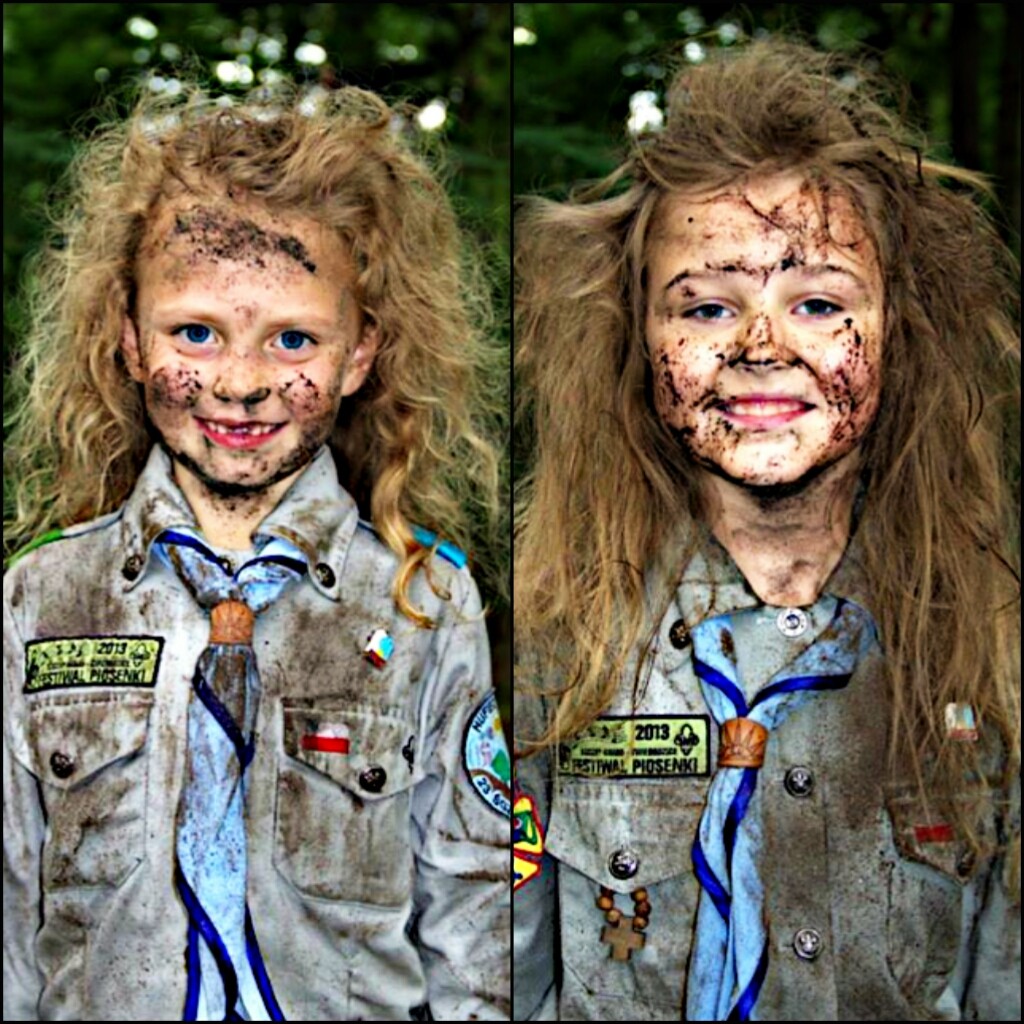I went on a search to become a leader.
I searched high and low. I spoke with authority. People listened. But, at last, there was one who was wiser than I and they followed him.
I sought to inspire confidence but the crowd responded, “Why should we trust you?” I postured and I assumed the look of leadership with a countenance that glowed with confidence and pride. But the crowd passed by and never noticed my air of elegance.
I ran ahead of others pointing new ways to new heights. I demonstrated that I knew the roue to greatness. And then I looked back and I was alone.
“What shall I do?” I queried. “I’ve tried hard and used all I know.” And then I listened to the voices around me. And I heard what the group was trying to accomplish. I rolled up my sleeves and joined in the work.
As we worked, I asked, “Are we all together in what we want to do, and how we’ll get the job done?” And we thought together and we struggled towards our goal. I found myself encouraging the faint hearted. I sought ideas of those too shy to speak out. I taught those who knew little at all. I praised those who worked hard.
When our task was completed, one of the group members turned to me and said, “This would not have been done but for your leadership.” At first I said, “I did not lead, I just worked with the rest.”
And then I understood – leadership isn’t a goal. I lead best when I forget about myself as a leader and focus on my group, their needs and their goals. To lead is to serve, to give, to achieve together.
-Author unknown
-Sourced from Mark Collard, Serious Fun





